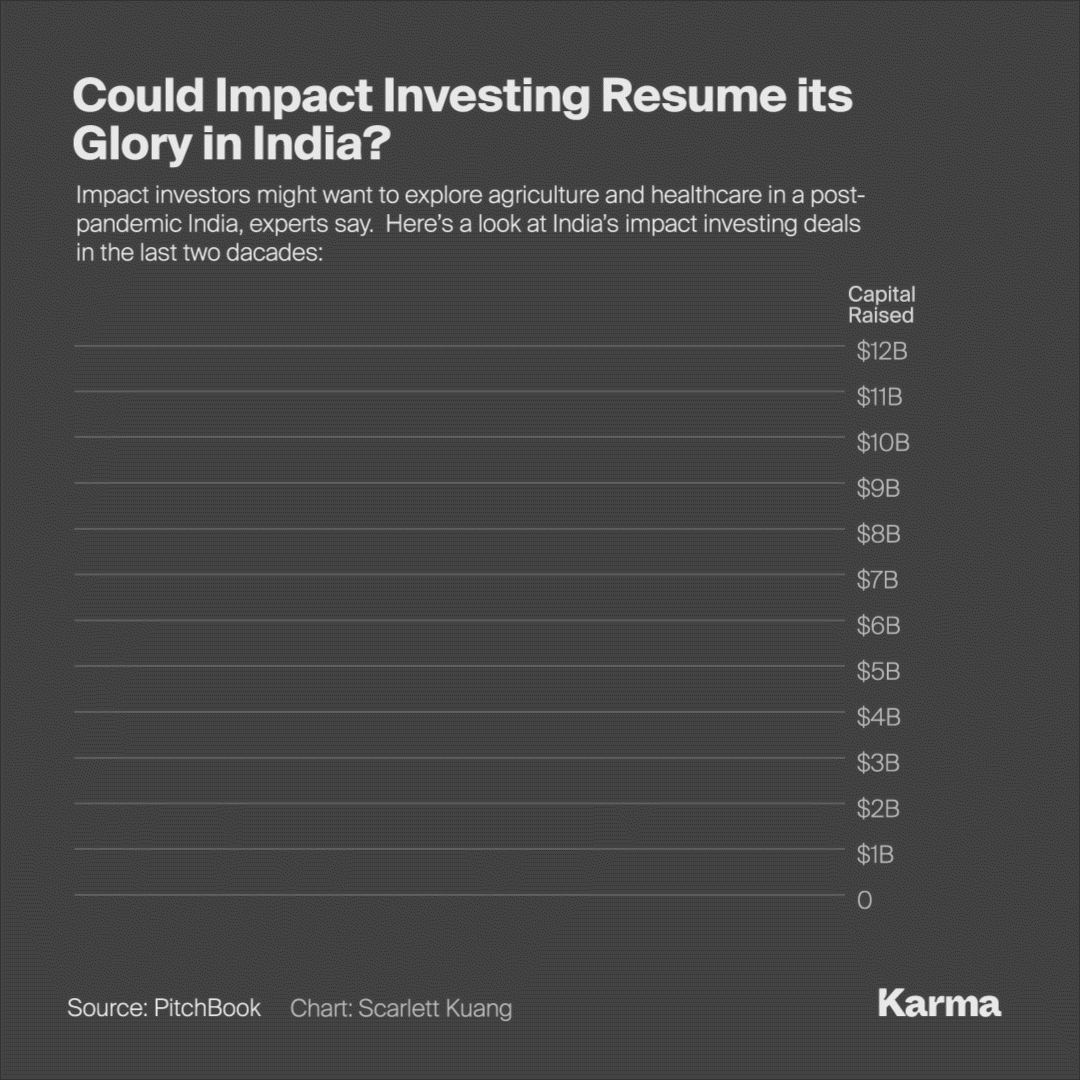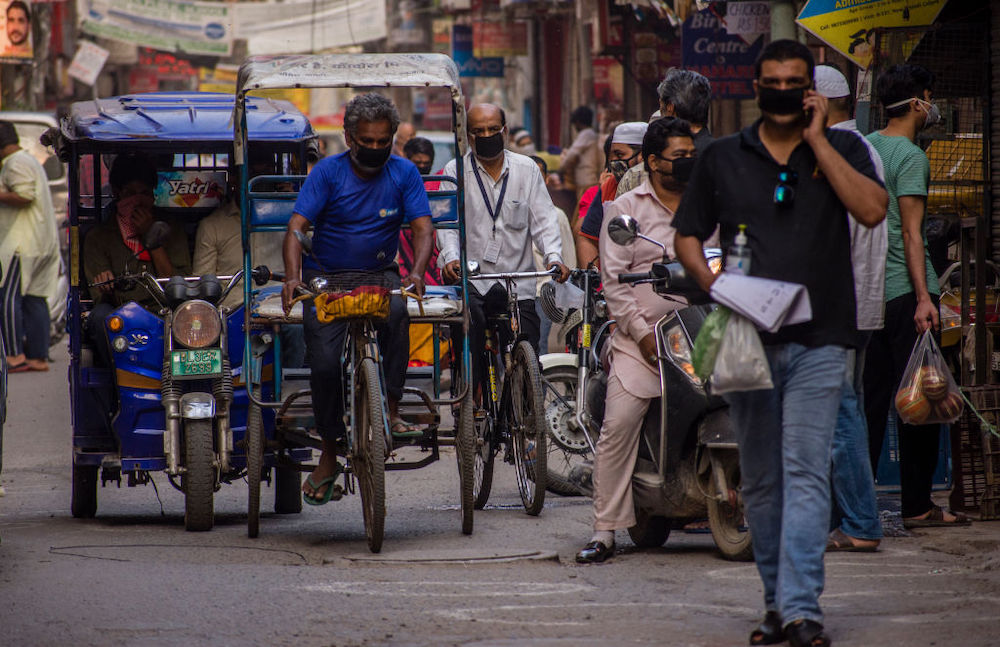- India’s massive informal sector has had no protection as the country’s economy has been nearly paralyzed by the lockdown imposed to ease the COVID-19 outbreak.
- Agriculture and healthcare are sectors that impact investors might want to explore in a post-pandemic India.
- The rebound from the pandemic will offer opportunities to build a more equitable and sustainable society if changes are made and ignored sectors are given attention.
India took decisive action at the start of the COVID-19 outbreak to slow the spread of the virus, which has inflicted great pain. Impact investors may have a role to play in soothing that pain in the post-pandemic recovery.
India’s economy was flagging before the virus appeared in Wuhan last year. The government brought home its nationals from hotspots such as China and Iran, closed its borders to most foreigners and started contact tracing and testing for returning Indians. When it became clear that COVID-19 was spreading, Prime Minister Narendra Modi ordered a national lockdown on March 24.
“India offers certain challenges when it comes to benchmarking because of its size and complexity,” Anshu Gupta, founder of the non-profit Goonj, told Karma. “This isn’t an easy time for anyone, especially those in the daily-wage category.”
The sudden implementation of the lockdown left millions of Indians with no income and left migrant workers stranded. India’s unemployment rate surged from 8.7% in March to 23.4% during the first week of April, according to the Center for Monitoring Indian Economy. So, while the spread of the virus may be curbed, the lockdown caused widespread misery.
“The government’s action wasn’t just incompetent, it was cruel,” Jayati Ghosh, an economist and professor at the Jawaharlal Nehru University in New Delhi, told Karma. “People were thrown out of work and not provided with transportation home. Many of these people were soon starving and have been setting out to walk home.”
It’s too early to know when the pandemic will ease. But it’s clear that it will take a great toll on India’s economy. More than 80% of the country’s workers are in the informal sector, which includes those working for unincorporated or unregistered businesses and those who work for formal businesses but do not receive benefits, leaving them especially vulnerable to economic swings.
“About 85% of workers are in the informal economy, while 95% don’t have formal contracts,” Ghosh said. “Many were just thrown out.”
Impact investors can play a part in building a more sustainable, equitable India if they focus on the right sectors, said Gupta. His nonprofit provides poor people household goods in return for community-development work. The aim is to help spur sustainable growth in rural communities.

“India, like many other countries, has not taken care of its villages,” Gupta said. “People have been leaving the villages for the cities because of a lack of jobs, and when they get to the city there aren’t enough jobs for everyone. We have to give people jobs in the villages and start respecting farmers more than the food they produce. Farmers are very skilled workers.”
Indian high technology sector has long attracted investment from overseas, and the country’s startup sector is booming. Promising sectors for impact investors include agriculture, fisheries cottage industries, and small and medium-sized companies, according to Gupta.
There are many startups working in these areas, among them Gramophone, which allows farmers to contact experts and get personalized crop care. Gold Farm is a farm-equipment aggregator, while Aquaconnect helps shrimp and fish farmers by using AI and remote-sensing technology to boost efficiency and productivity.
“Invest in the small, affordable parts of the health sector,” Gupta said. “We will have to relook at health care when this is over. We’ve been ignoring basic health while building advanced health systems that have collapsed in the face of COVID-19.”
Indian startups that aim to increase the availability and quality of healthcare include Address Health, which aims to use technology and innovation to make pediatric care available to all children in the country’s schools. Consure Medical, which is using new technology to affordably manage gastrointestinal ailments, while Green Cure makes herbal supplements and personal care products that mix ancient Ayurveda practices and European quality standards.
Photo by Yawar Nazir/Getty Images






















